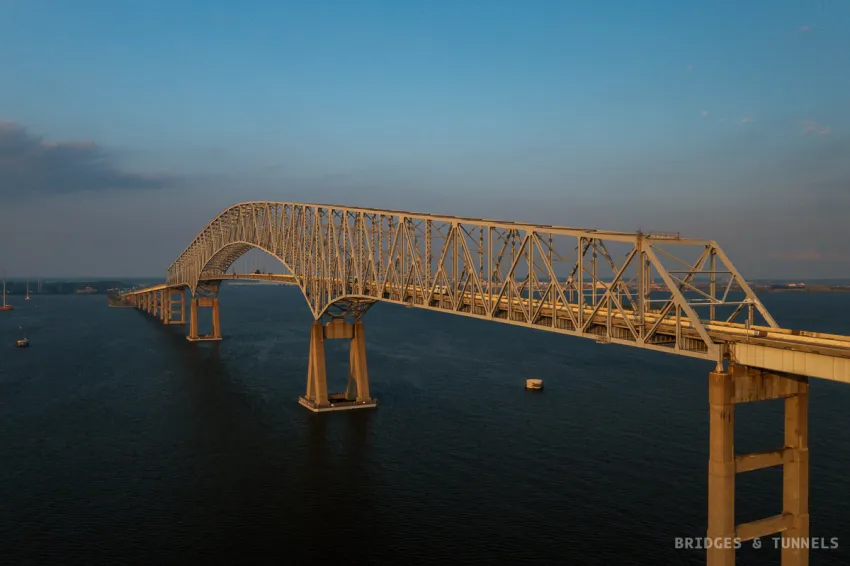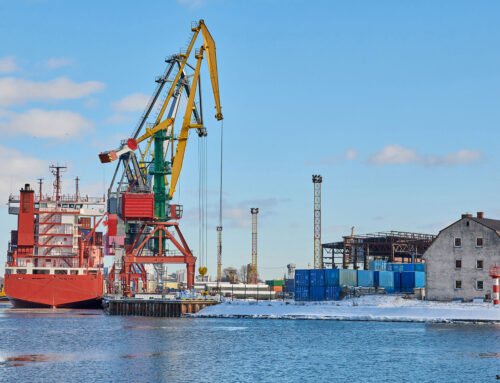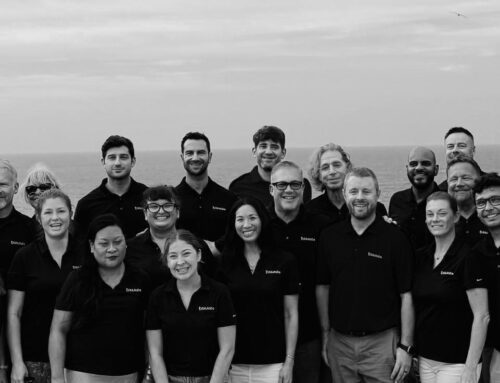Our hearts go out to the city of Baltimore in the aftermath of the tragic collapse of a portion of the Francis Scott Key Bridge. While we pause to offer our thoughts and prayers, it’s also a crucial time to discuss the importance of expecting the unexpected in the shipping and logistics industry.
Imagine the serene Patapsco River, suddenly disrupted by the unexpected collision of a massive container ship with the Key Bridge. In an instant, the tranquil scene turned chaotic as cars and people found themselves in disarray, prompting an urgent rescue effort to restore order.
This heartbreaking event reminds us that no matter how carefully we plan, unforeseen events can throw our supply chains into disarray. Whether it’s a natural disaster, mechanical failure, or geopolitical tension, the unexpected can wreak havoc on even the most well-thought-out strategies.
The collapse of the Key Bridge also highlights the dangers of relying too heavily on a single shipping route or port. Diversification is key to minimizing risk. By utilizing multiple ports and exploring alternative routes, businesses can better withstand disruptions.
Additionally, this incident underscores the importance of reshoring and diversifying sourcing strategies. Depending too much on one country for manufacturing leaves us vulnerable to supply chain disruptions. It’s essential to spread our sourcing across different regions to increase resilience.
As we extend our support to Baltimore, let’s also use this moment to reaffirm our commitment to preparedness and resilience. By embracing diversification, reshoring, and infrastructure resilience, we can navigate the challenges of the global economy with greater confidence.







